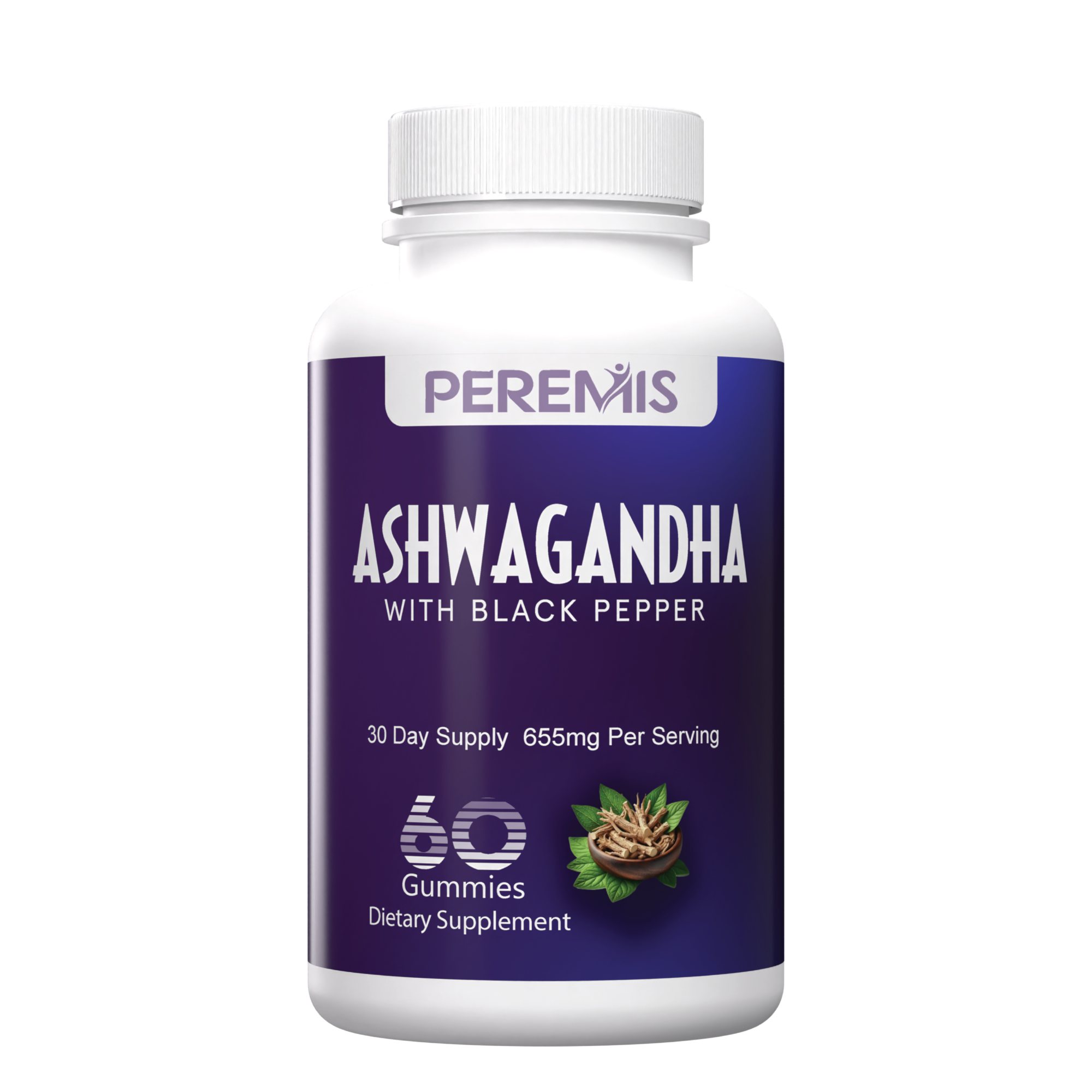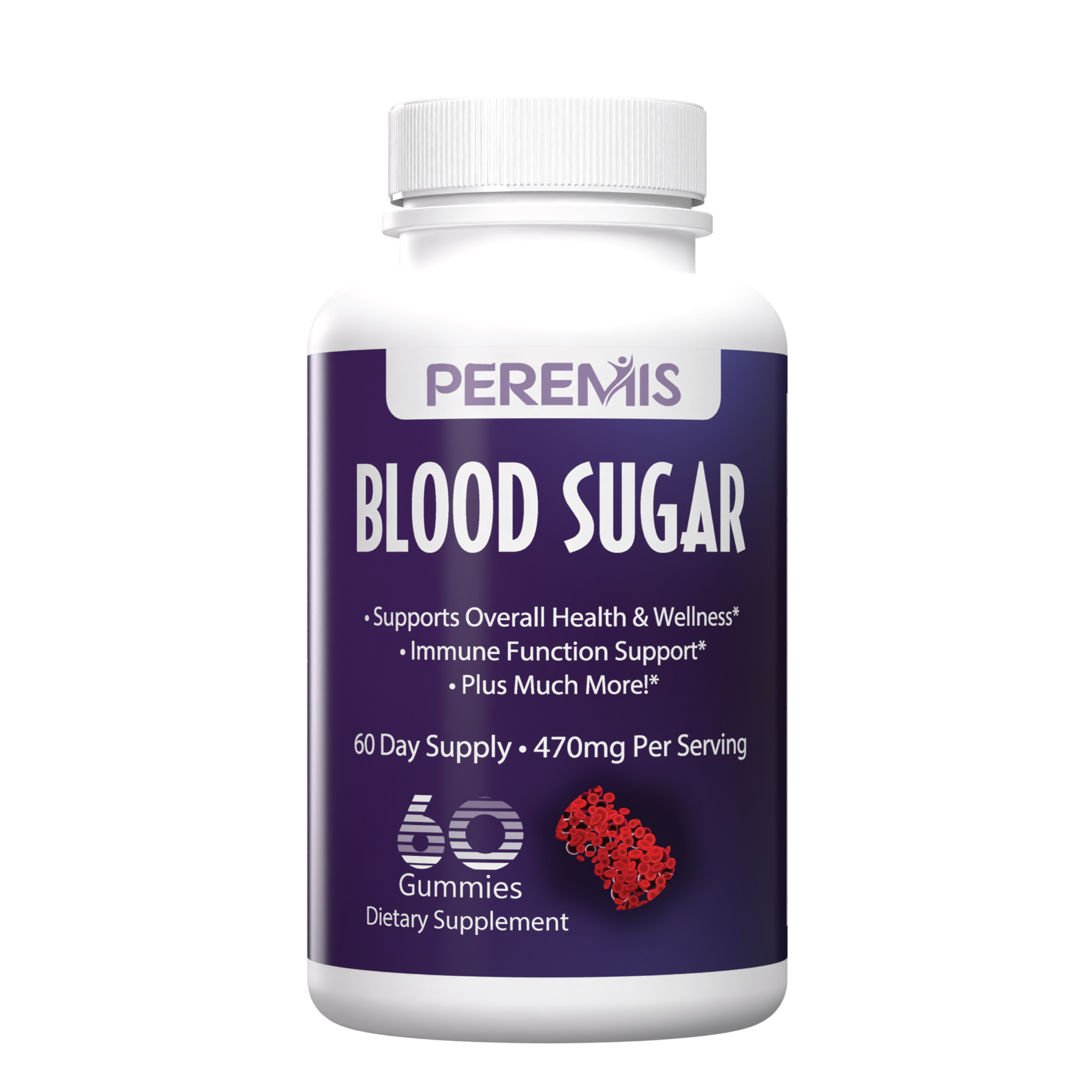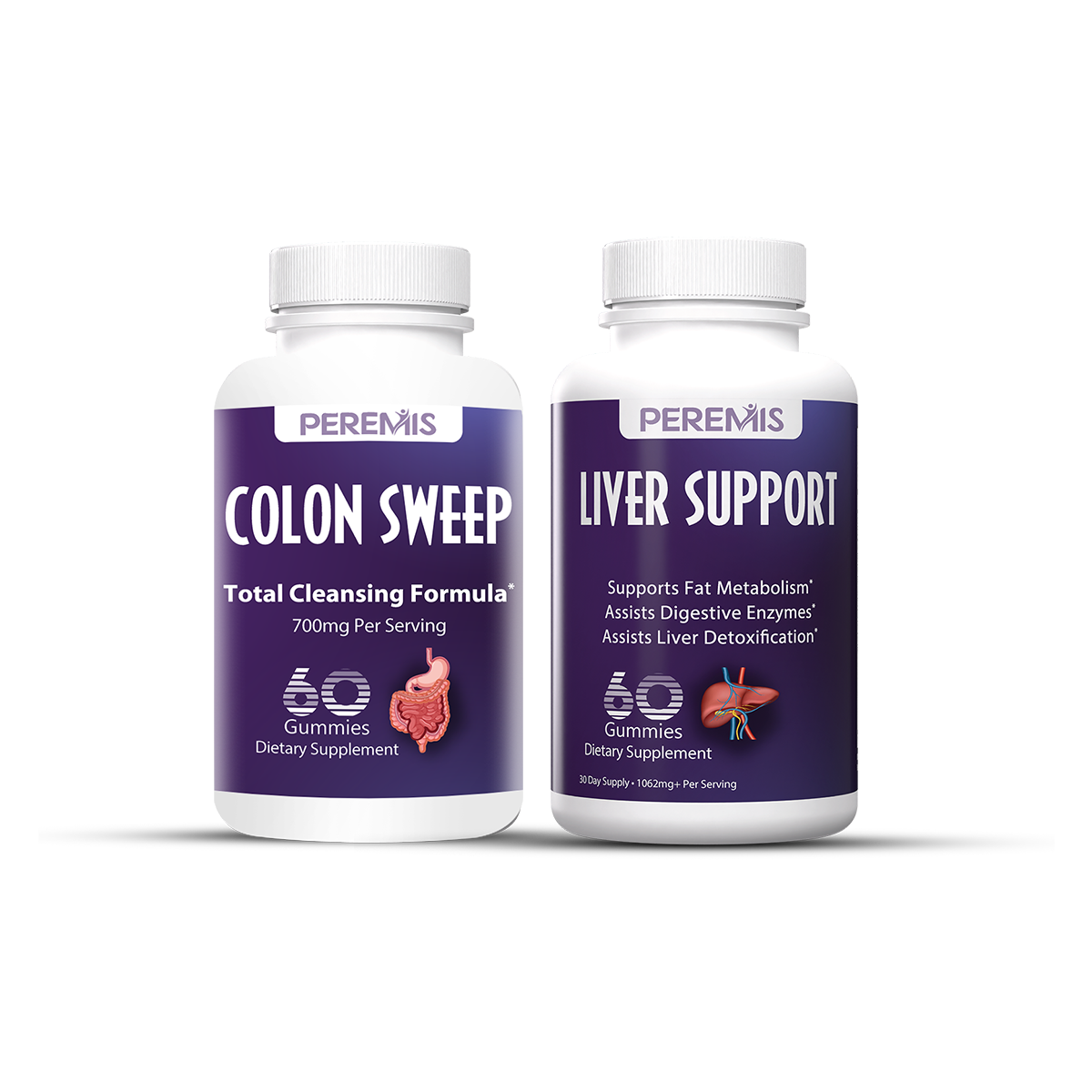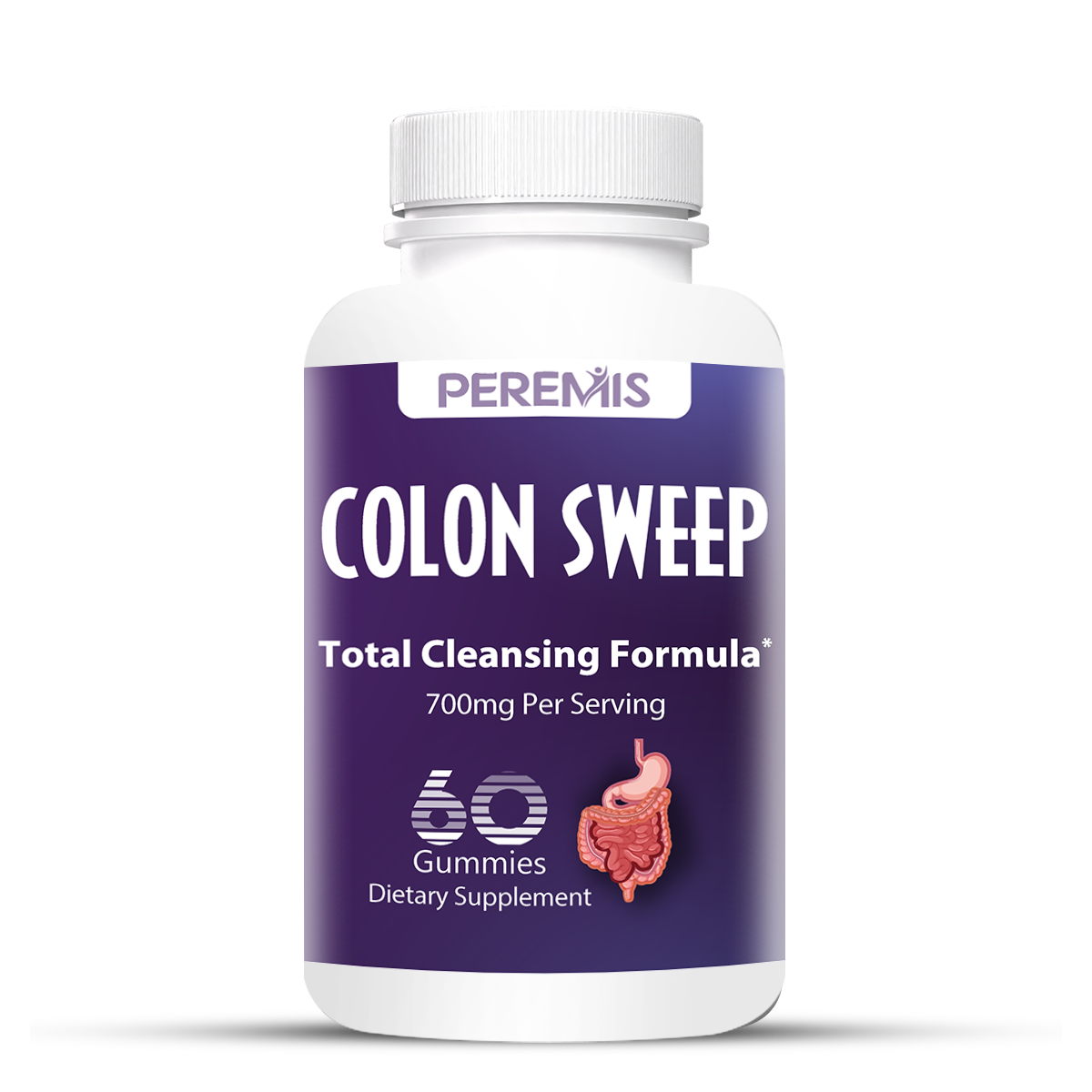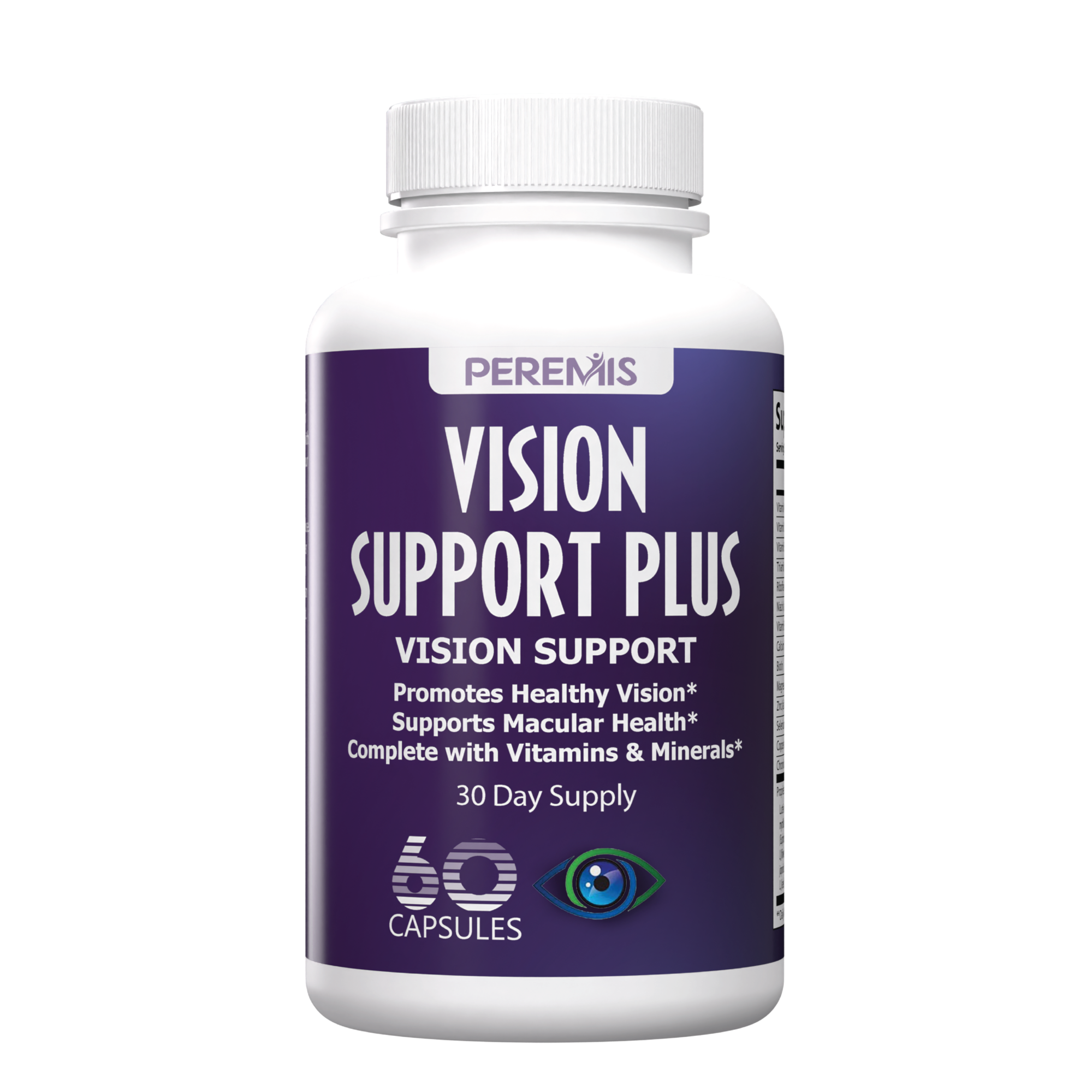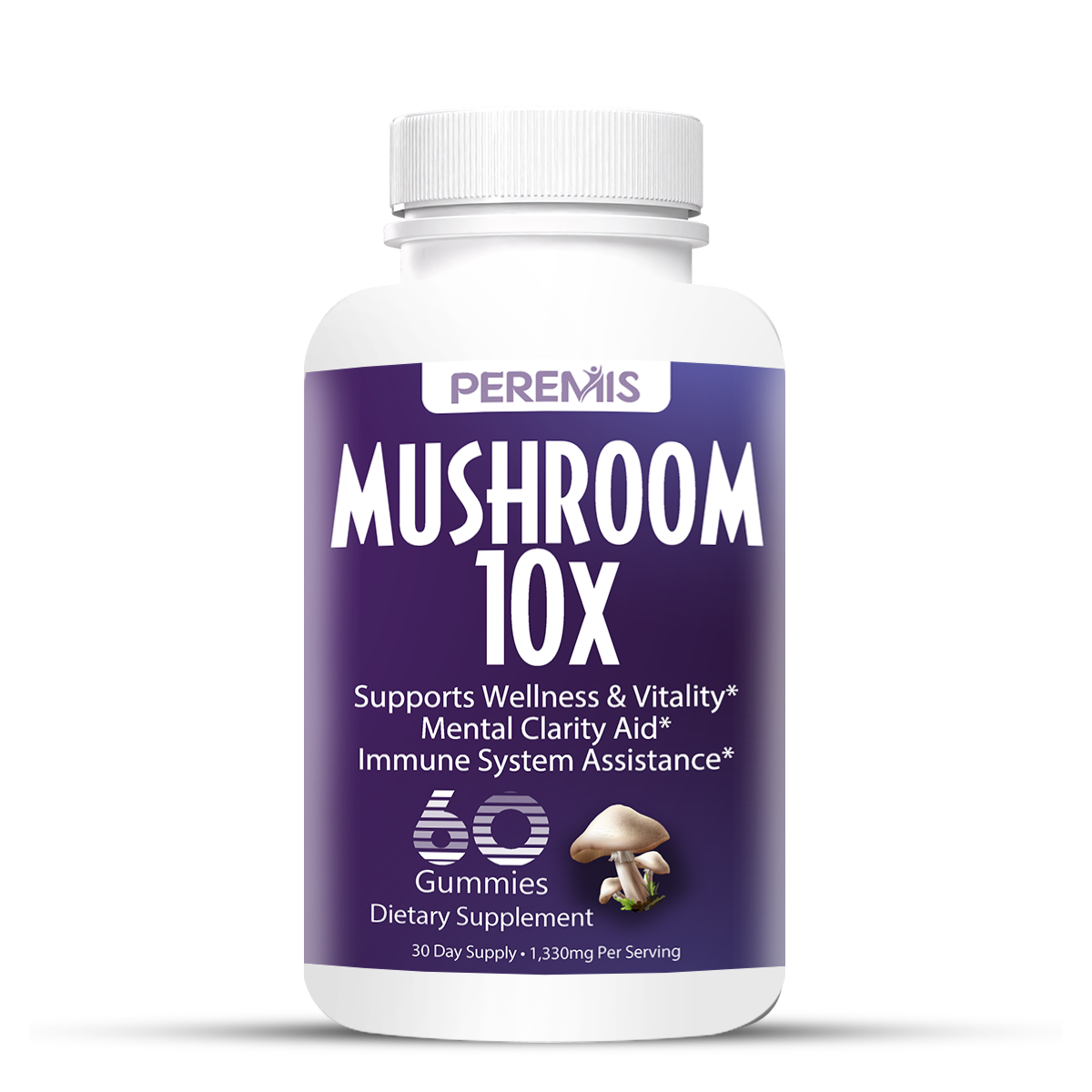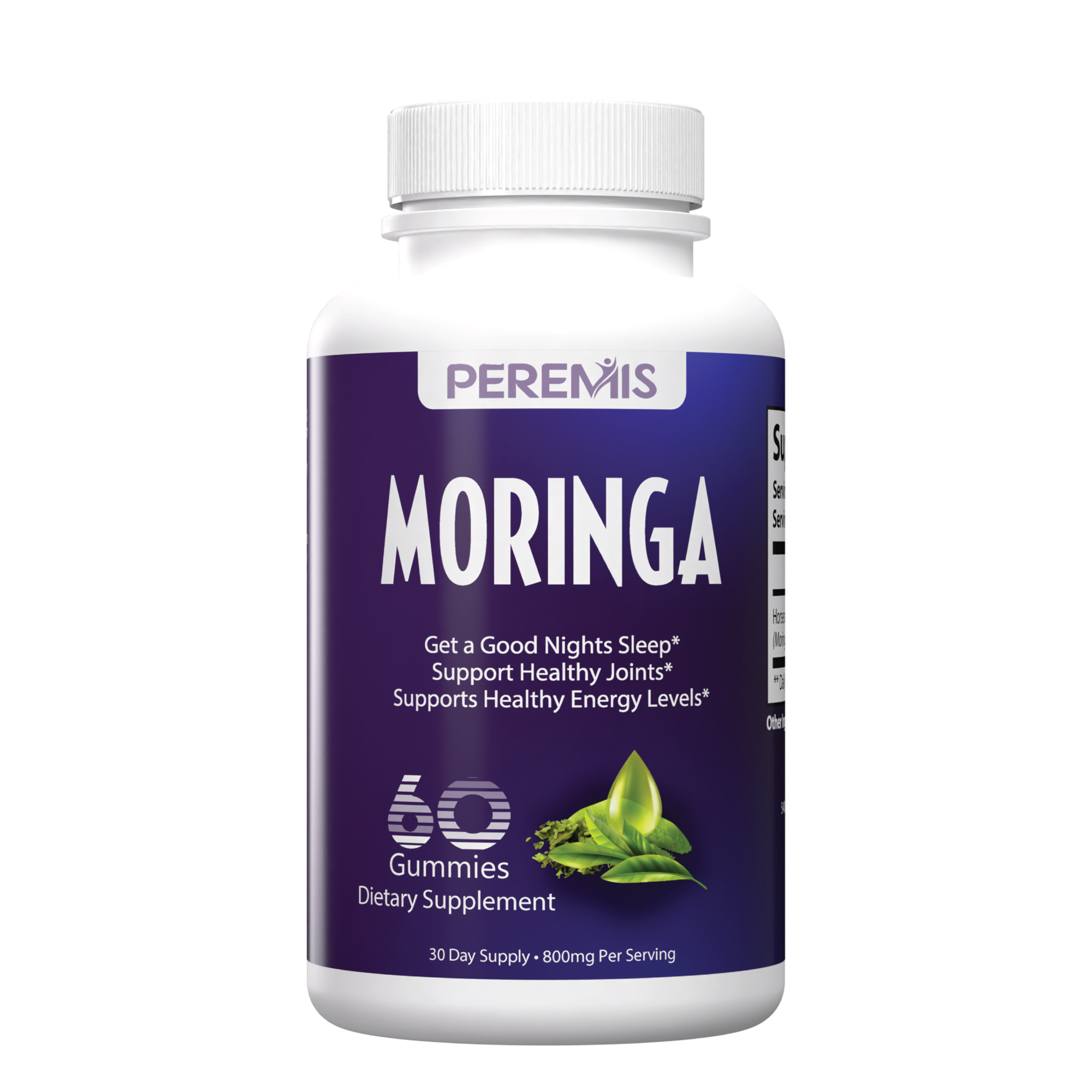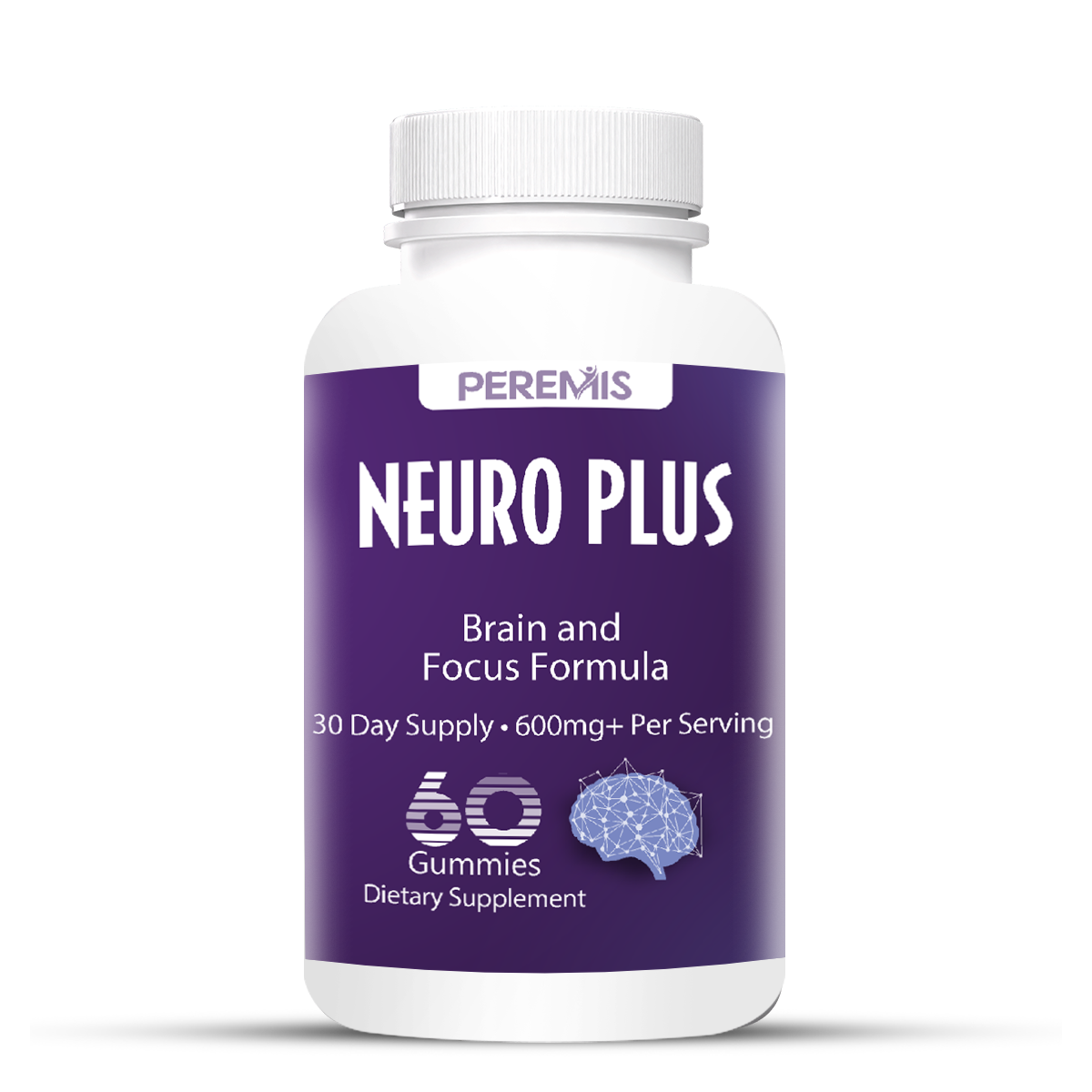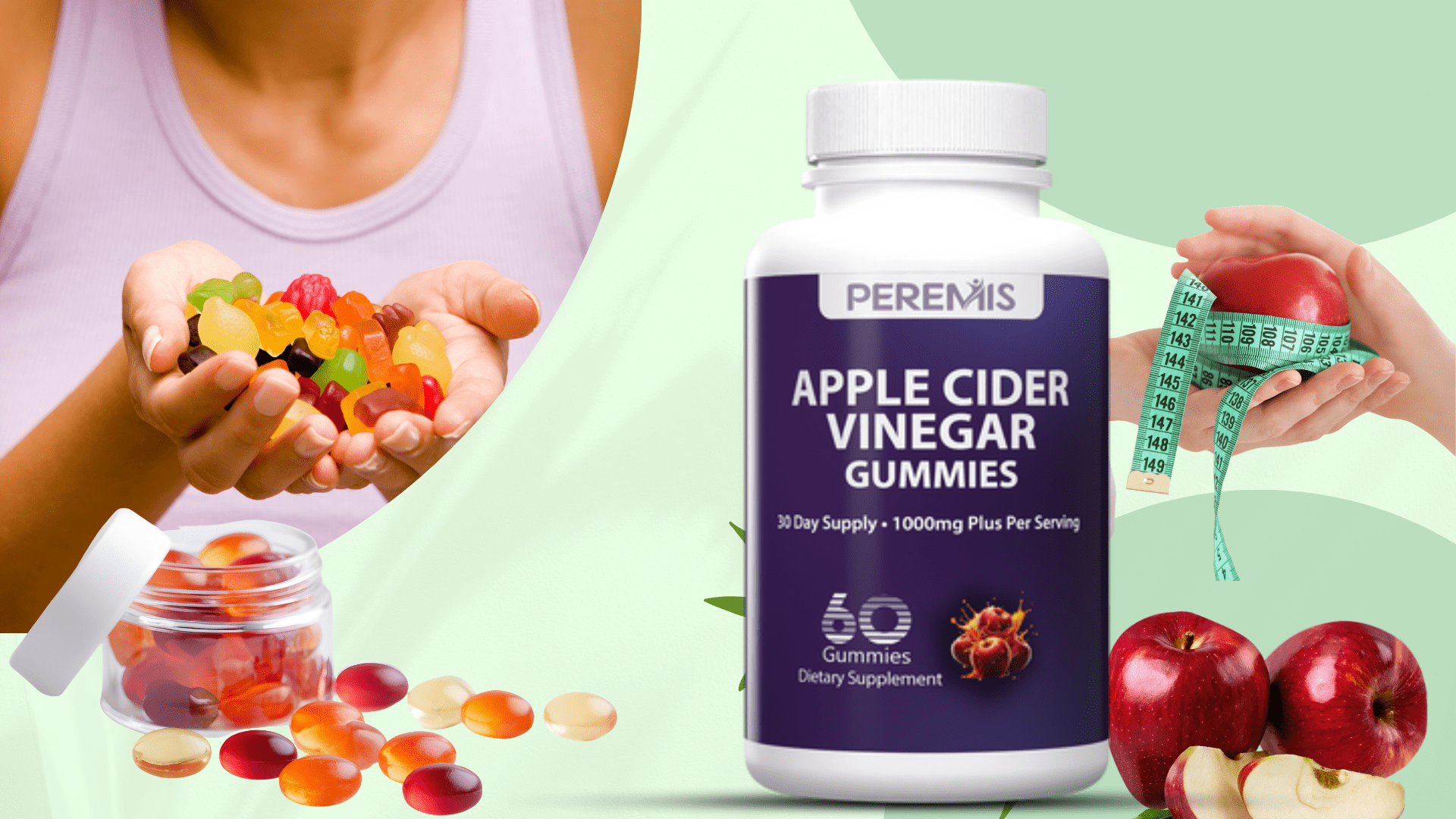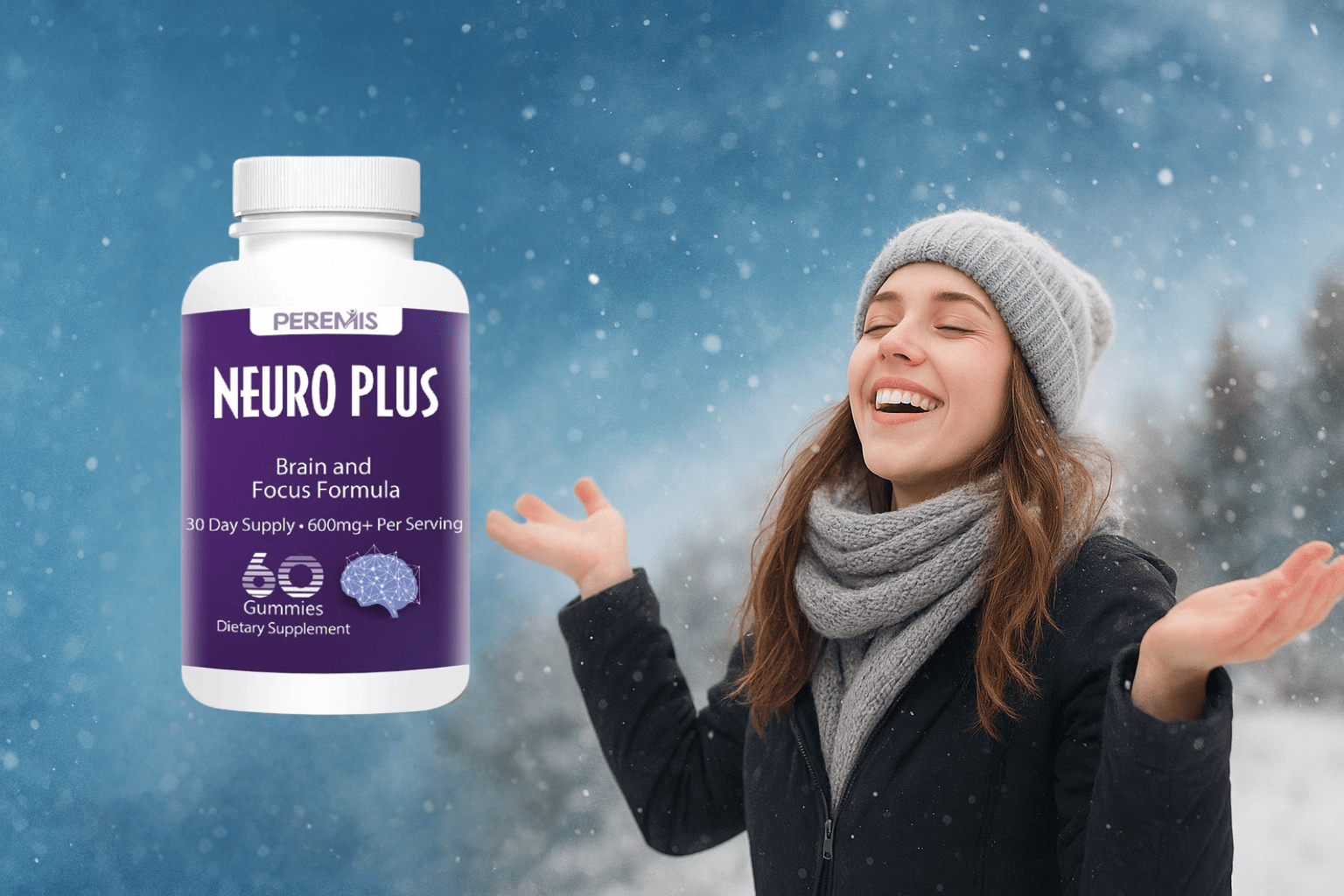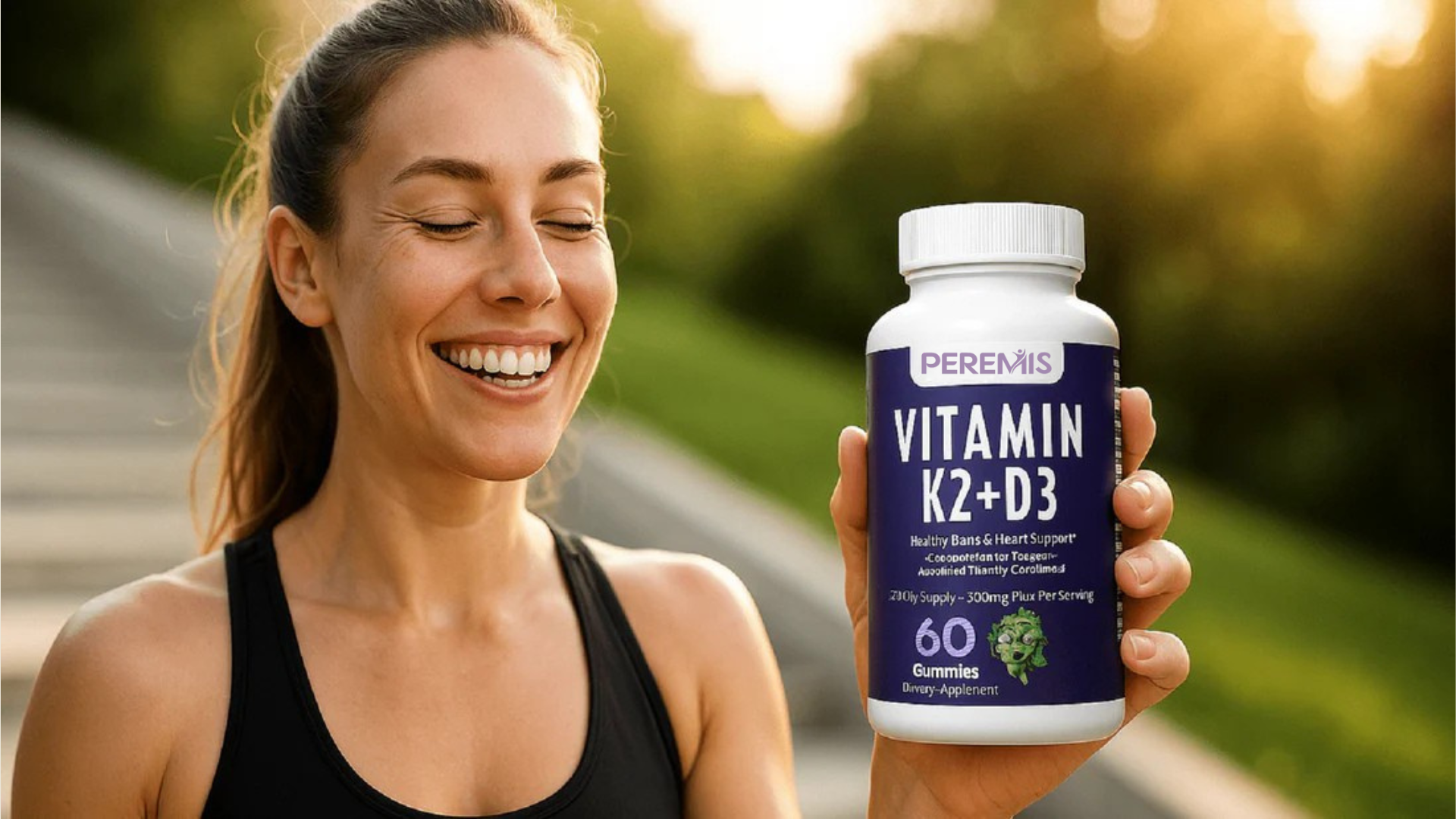Unlock the power of natural supplements for stress. Restore your balance and find inner calm with our comprehensive guide to stress-relieving supplements.
Anxiety and stress are becoming common mental health issues today. Reaching for natural supplements for stress, anxiety, and depression may provide a safe and effective alternative to prescription medication. Anxiety & stress supplements are gaining popularity as a natural solution to cope with anxiety and stress-related symptoms. Supplements for stress, anxiety, and depression have become increasingly popular and easily accessible to consumers with natural ingredients such as vitamins and minerals.
Choosing the best supplements for anxiety and depression can be overwhelming, as there are so many options. Natural supplements for anxiety and stress are popular because they offer a natural approach to managing anxiety and stress symptoms. Some of the best supplements for anxiety and depression include essential vitamins for anxiety and panic attacks. Understanding the number one vitamin for anxiety and natural supplements for anxiety and depression can make all the difference. Additionally, supplements for anxiety and sleep offer relief from fatigue and insomnia associated with anxiety and stress. Here are the 10 best vitamins for anxiety that can aid in managing anxiety and stress levels. Anxiety and Stress Supplement
What are anxiety and stress supplements?
Anxiety and stress supplements are natural remedies that help alleviate the symptoms of anxiety and stress. These supplements often contain vitamins, minerals, and herbs that are believed to have a calming effect on the body. Some popular ingredients in anxiety and stress supplements include magnesium, B vitamins, and herbal extracts such as valerian root, ashwagandha, and passionflower. These supplements are often taken daily to help improve overall mood and reduce feelings of stress and anxiety. While these supplements can be helpful for some people, it's important to talk to a healthcare provider before trying any new supplements, especially if you have any existing health conditions or take medications. Additionally, anxiety and stress supplements should not be used as a replacement for professional treatment or therapy.
How do Anxiety & Stress supplement work?
Anxiety and stress supplements typically contain a combination of natural ingredients such as herbs, vitamins, and minerals that are believed to have a calming effect on the body and mind. These ingredients work in various ways to reduce anxiety and stress levels. For example, herbal ingredients such as ashwagandha and chamomile have been shown to reduce cortisol, the hormone associated with stress. Other ingredients like magnesium and vitamin B6 help support the nervous system and regulate mood. Some supplements also contain adaptogenic herbs like rhodiola and ginseng, which can help the body adapt to stress and promote a sense of calm. Additionally, some anxiety and stress supplements contain amino acids like L-theanine, which promote relaxation without drowsiness. Overall, anxiety and stress supplements aim to provide a natural and safe alternative to prescription medication for those who suffer from mild to moderate anxiety or stress. However, it's important to speak to your doctor before taking any new supplements or making changes to your healthcare regimen.
Are Anxiety & Stress supplement effective?
Anxiety and stress supplements are commonly sought after as a possible solution for individuals experiencing the physical and emotional struggles associated with these conditions. While some research indicates that certain supplements, such as lavender and passionflower, may have mild calming effects, the overall effectiveness of anxiety and stress supplements is still up for debate. Additionally, the quality and potency of different supplements can vary greatly, making it difficult to determine their true efficacy. Some individuals may find relief from anxiety and stress through the use of supplements, but it is important to note that they should not be relied upon as the sole treatment for these conditions. Working with a healthcare professional to develop a comprehensive plan that addresses the root causes of anxiety and stress is typically the most effective approach. It is also important to practice healthy lifestyle habits, such as regular exercise, good nutrition, and adequate sleep, to promote overall wellness and reduce the impact of anxiety and stress on the body and mind.
Are there any side effects? While there is no definitive answer to this question, it is important to note that some medications and treatments may have side effects. These can vary depending on the specific drug or therapy being used as well as the individual who is receiving it. For example, some drugs may cause nausea, vomiting, or headaches, while others may lead to fatigue, insomnia, or increased anxiety. In some cases, medications may also interact with other drugs or medical conditions, which can amplify their side effects. It is always recommended to consult with a healthcare provider before starting any new treatment and to report any unusual symptoms or reactions promptly. With careful monitoring and management, however, most side effects can be effectively managed, allowing patients to safely benefit from the many therapies and medications available to them.
What are the best anxiety and stress supplements for specific situations?
There is no one-size-fits-all approach when it comes to anxiety and stress supplements. Depending on the specific situation, certain supplements may be more effective than others. For example, CBD oil has been shown to be effective for general anxiety, while ashwagandha may be more helpful for stress related to work or school. L-theanine, an amino acid found in green tea, may help with social anxiety and panic attacks. Magnesium may be beneficial for those who feel anxious due to muscle tension and poor sleep. Additionally, adaptogenic herbs such as rhodiola and holy basil can provide a natural stress response and support overall wellbeing. However, it’s important to consult with a healthcare practitioner before taking any supplements, especially if you are currently on medication or have a pre-existing medical condition.
About Anxiety and Stress
Anxiety and stress are common psychological problems that many people experience. Anxiety is characterized by excessive worrying, irrational fears, and physical symptoms such as trembling, sweating, and an increased heart rate. On the other hand, stress occurs when an individual feels overwhelmed by the demands of life, resulting in a range of emotional, cognitive, and physical symptoms. Both anxiety and stress can have negative effects on the overall well-being of an individual if they persist over long periods of time. Chronic anxiety and stress can lead to physical health problems such as heart disease, high blood pressure, and weakened immune systems. Therefore, it is important to identify the causes and triggers of anxiety and stress and find ways to manage them effectively. Meditating, engaging in physical activity, and seeking support from family and friends are some ways to manage anxiety and stress. It is also important to seek professional help if anxiety and stress become too difficult to manage on one's own.
Understanding the causes of Anxiety and Stress
Anxiety and stress are emotional and physiological responses to situations that are considered threatening or challenging. These emotions can arise from different factors, including psychological, genetic, and environmental factors. A person's upbringing, relationships, and experiences may contribute to feelings of anxiety and stress. Medical conditions, such as thyroid imbalance, as well as certain medications, can also lead to anxiety. Certain personality traits, such as pessimism, low self-esteem, and a lack of coping skills, may also increase the risk of experiencing anxiety and stress. Additionally, stressful life events such as marriage breakdown, divorce, financial difficulties, and job loss can cause significant levels of anxiety and stress. Identifying the causes of anxiety and stress is essential for effective treatment and management of these emotions. Seeking help from a qualified healthcare professional is necessary to gain a comprehensive understanding of these emotional responses and manage them effectively.
Types of Anxiety and Stress Supplements
There are various types of anxiety and stress supplements available on the market. One type of supplement includes herbs such as valerian root, passionflower, and chamomile, which have calming properties that can help reduce anxiety and promote relaxation. Another type of supplement contains vitamins, minerals, and amino acids, which can help improve neurotransmitter function and reduce stress. Omega-3 fatty acids are also commonly included in stress supplements due to their ability to reduce inflammation and promote relaxation. Adaptogen herbs are another popular option, such as ashwagandha and rhodiola, which can help the body adapt to stress and balance hormones. Additionally, some supplements contain natural compounds such as L-theanine, which is found in green tea and has been shown to promote relaxation and reduce anxiety. It is important to consult with a healthcare professional before taking any supplements for anxiety or stress, as they can interact with other medications or health conditions.
Herbs and Adaptogens for Anxiety and Stress
Herbs and adaptogens have been used for centuries to alleviate anxiety and stress naturally. Adaptogens are plants that can help our bodies adapt to stress by supporting the adrenal glands and balancing hormones. Some popular adaptogens for anxiety include Ashwagandha, Rhodiola, and Holy Basil. Herbs like chamomile, lemon balm, passionflower, and lavender are also known for their calming effects. These herbs have been used for centuries to relieve stress, promote relaxation, and improve sleep. However, it's important to note that while herbs and adaptogens can be helpful, they are not a replacement for professional medical help. It's always best to consult with a healthcare practitioner before starting any new supplement or therapy. By incorporating these natural remedies into our daily routines, we can support our bodies in managing stress and finding balance.
Amino Acids for Anxiety and Stress
Amino acids, the building blocks of proteins, play a critical role in the functioning of the brain and nervous system. Some amino acids have been found to have a significant impact on anxiety and stress levels in individuals. For instance, the body uses the amino acid tryptophan to make serotonin, a neurotransmitter that helps control mood and anxiety. Similarly, the amino acid tyrosine is involved in the production of dopamine and norepinephrine, two neurotransmitters responsible for motivation, focus, and stress management. Supplementing with these amino acids and others like BCAAs, GABA, and L-theanine has been shown to alleviate symptoms of anxiety and stress by boosting neurotransmitter production and promoting relaxation. However, it’s important to note that while amino acid supplementation can be helpful, it should not be relied on as the sole treatment for anxiety and stress disorders. Consulting with a healthcare provider to determine the best course of treatment is recommended for those experiencing these issues.
Supplements may provide stress relief for people with anxiety, as studies have shown that vitamin C helps lower levels of cortisol, a hormone associated with stress. Herbal supplements such as chamomile and passionflower have also been found to be effective in reducing anxiety symptoms. While it is important to seek professional help for severe anxiety, adding natural supplements to your diet could be a helpful aid. It is crucial to remember that supplements should never take the place of medication that a doctor has prescribed. It is also important to carefully research and select supplements that are safe and effective. If you are experiencing high levels of stress or anxiety, consult with your doctor on the best strategies for managing your symptoms. Incorporating vitamin C and other natural supplements may help reduce stress and anxiety in people.
Supplements that may help Dietary supplements have long been used to help reduce stress and anxiety symptoms in both normal and clinical populations. One supplement that may help with stress relief and anxiety levels is magnesium. Magnesium is an essential mineral that plays a crucial role in over 300 biochemical reactions in the body, including the regulation of nerve and muscle function. Additionally, herbal supplements such as chamomile and passionflower may help reduce stress and anxiety in people with generalized anxiety disorder. While these supplements may not cure anxiety disorders on their own, they can be an effective anti-anxiety tool when combined with other treatments such as therapy or medication. Ultimately, it is important to discuss any supplement use with a healthcare provider before starting a new regimen.
Can Supplements Help Anxiety?
While supplements can potentially help with anxiety, they should not be relied upon as a sole treatment for anxiety disorders. Certain supplements, such as omega-3 fatty acids and magnesium, have been linked to decreased levels of anxiety. However, it is important to speak with a healthcare provider before starting any supplement regimen. Additionally, supplements should be used in conjunction with other forms of treatment, such as therapy and medication.
Who Should Avoid Supplements for Anxiety?
Individuals with severe anxiety should avoid taking supplements for anxiety without proper consultation with a healthcare professional. Supplements may interact with medications and worsen symptoms. Moreover, a healthy diet, regular exercise, and stress management techniques such as mindfulness and meditation are more effective ways to manage anxiety and stress in the long term.
Is there an effective herbal treatment for anxiety?
While there is some evidence that certain herbs, such as passionflower and valerian root, may help reduce anxiety symptoms, more research is needed to determine their effectiveness and safety. It is important to speak with a healthcare provider before trying any herbal remedies for anxiety, as they may interact with other medications or have potential side effects.

